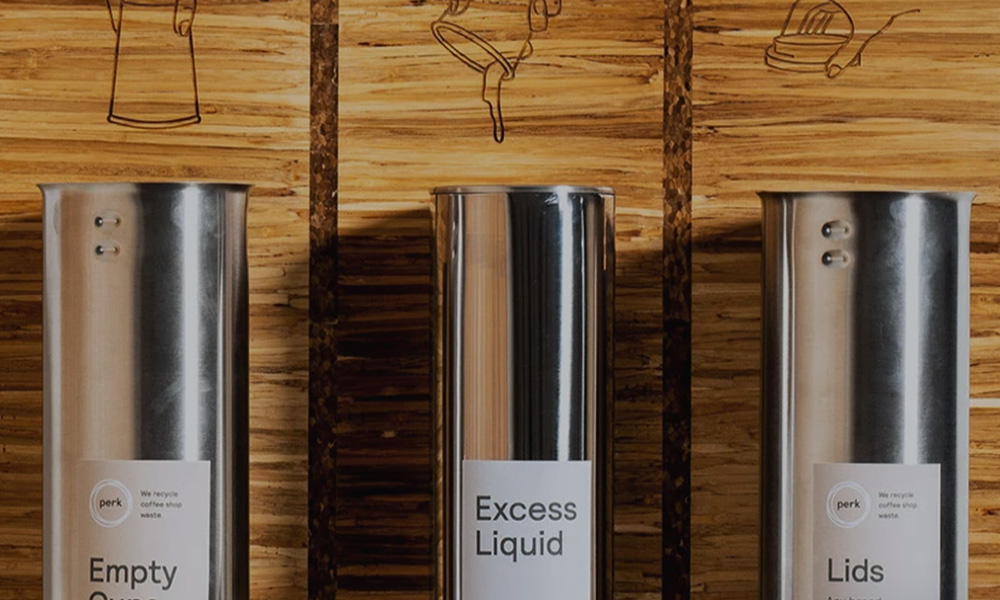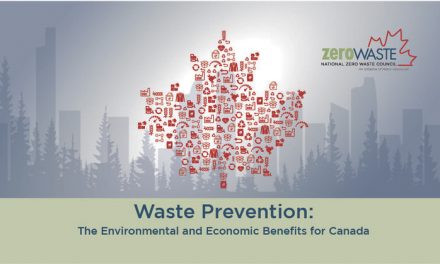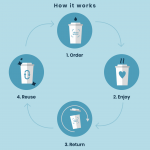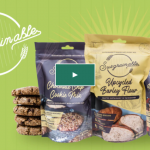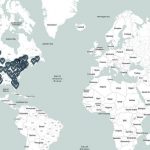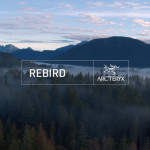For the past several months, the travel mugs of many environmentally conscious people have been collecting dust, or are at least restricted to home use only. From large chains to small coffee shops, regulars who have been rocking their own mugs were told to leave them at home in light of pandemic concerns.
However, recent events aside, 58 billion single use coffee cups are sent to the landfill every year according to Jen Henry, a Vancouver sustainability consultant and founder of the newly launched company, Perk Eco Inc. The truth is these cups are indeed recyclable if disposed of properly, and that is why Henry founded Perk Eco.
Perk Eco has the goal of “enabling any and all coffee shops to recycle 90% of their waste, including cups, from any Canadian postal code”, Henry wrote in a recent statement.
This company is a perfect example of what many consider the circular economy, transforming previously considered waste into a new resource. Perk Eco is able to hand-sort coffee shop waste and channel it into specialized recycling partners, a process that doesn’t happen with standard recycling programs.
Some of the waste is even processed directly by their team. “For example, we pulp down coffee cups to create coasters and decorative tiles, and we use coffee chaff from the roasting process, as stuffing for making pet beds,” Henry explains.
In order to avoid the landfill, coffee shops ship their waste to Perk Eco’s processing facilities in BC. By combining a high recycling rate, eco-friendly transportation, and a carbon-offset program, the outcome is a service that greatly reduces waste at no cost to coffee shops.
Incentivizing Reusable Cups
The program works because Perk Eco shows its clients how to implement a small eco-fee to cover the cost of the program.
“We believe that businesses who do the right thing for the planet should benefit for it, not have to be out of pocket for it,” Henry writes. “Customers want to know they are supporting businesses who are doing the right thing. The eco fee is a simple way they can contribute. If they wish to avoid the fee, they can bring their own cup.”
In a conversation with Elevate, Henry cited a study done by Starbucks showing that adding an eco-fee to a coffee with a disposable cup would incentivize 4 times as many people to bring their own cups compared to a discount-based incentive. According to Henry, this led to the decision to use an eco-fee model for Perk Eco, where the fee can be put towards recycling costs while simultaneously incentivizing people to bring reusable cups.
This is also aligned with several other initiatives that follow the same theory, such as UBC’s 25 cent eco-fee introduced at the beginning of 2019, and the mandatory eco-fee coming to the City of Vancouver in January of 2021. It’s important to note that these are not taxes. The collected fees go directly to the coffee shop in both of these cases. Therefore, with a program like Perk Eco, the fee can now support consistent and efficient recycling processes, substantially reducing the carbon footprint of coffee shops.
Partnerships That Inspire Circular Economy
New circular economy companies are continually building unique partnerships, and this is no exception. The Perk Eco program provides coffee shops with training, signage, and marketing collateral to have conversations with customers about their new 90% recycling rate. But the most unique aspect is the purpose-built recycling stations.
By taking a close look, the material that the recycling stations are made of might look familiar. The frame is made of recycled chopsticks from Vancouver’s own ChopValue, another local circular economy leader. The recycling station provides designated spaces for cups, lids, and a liquid receptacle for unused beverages.
For coffee consumers, cafe owners, and zero-waste advocates, this is a step to bring everyone together in reducing unnecessary waste.

